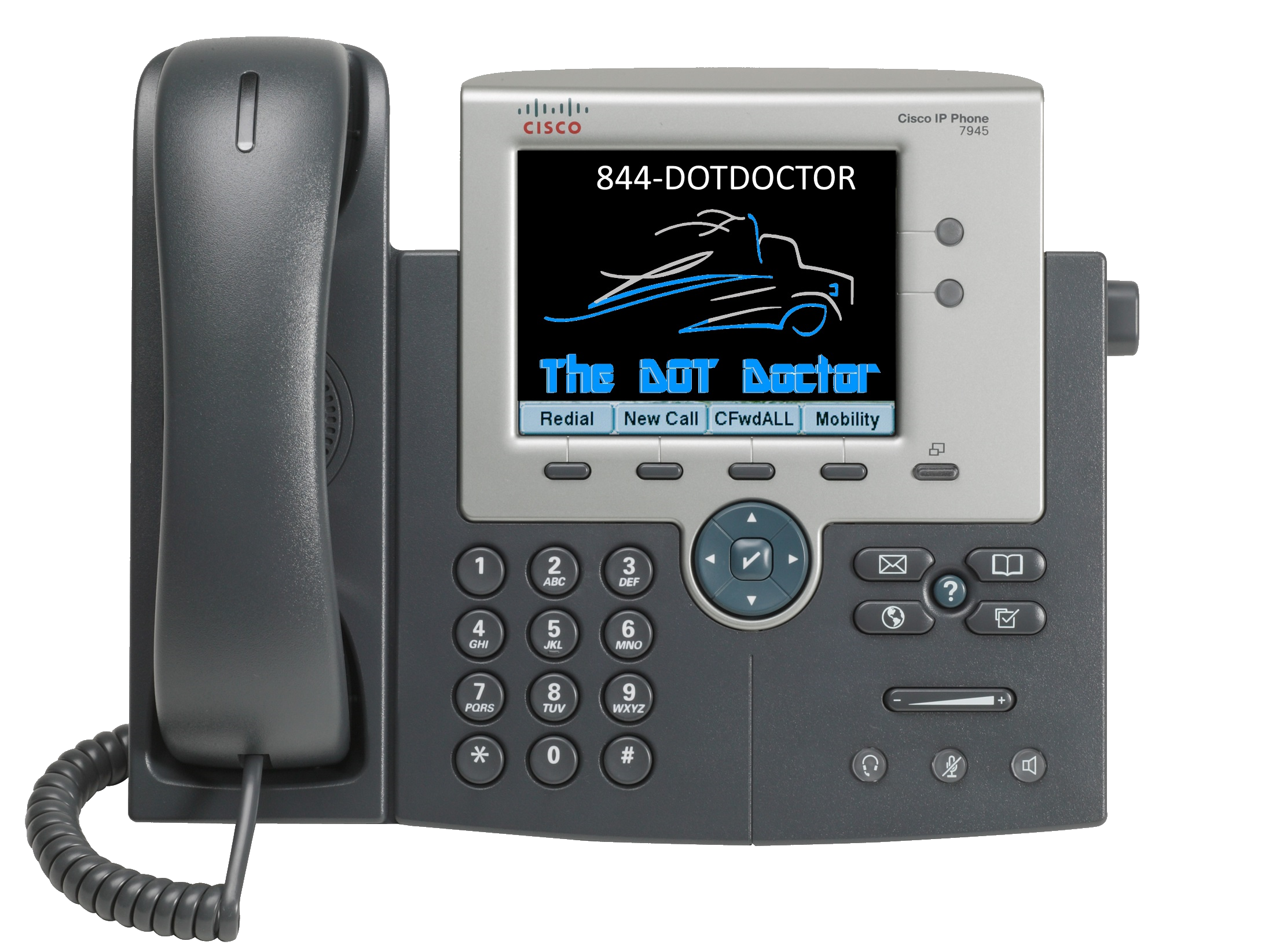FMCSA Management and CSA BASICs Training
2-Day Class packed full of intensive instruction taught by Dr. Sitler and her team of FMCSA experts. Dr. Sitler began TDD in 2008 after spending over 20 years in the trucking industry. Job experience includes: managing a successful mid-sized trucking company, small fleet owner, CDL-A driver and global consultant. Her team brings over a century of combined experience to the event including a former teacher who aided in designing the curriculum for this training session.
Excellent for anyone involved or seeking to be involved in ground transportation management. Something for everyone! Even the most seasoned veteran has told us they learned something new at our training sessions. TDD brings the most current and up to date changes to the session. Regulations are explained and compared to their predecessors. Adequate q&a time for all in open session as well as email follow up for those seeking a private q&a time.
Day 1 – Introduction to DOT FMCSA Management
- Who needs a DOT number?
- What makes a vehicle a CMV?
- Fleet types
- Identifying the hidden fleet
- Determining your GVWR and why it matters
- Service area
- Truck Taxes
- How to save money on your UCR fees
- What is and who needs IFTA
- 2290, Cab Cards and other fees/taxes
- Understanding State Vs Federal Regulations
- Overview of TX DOT and CVC Regulations
- Obtaining the proper operating authority
- Who is responsible?
- What are the penalties for non-compliance?
- What should I teach my staff and drivers?
- What must I teach my staff and drivers?
- Who is a tanker driver? (The answer may surprise you!)
- New Entry Driver Training
- The DOT Binder
- Truck Binders
- Working with Operations as a partner in compliance
- Educating dispatchers in DOT Compliance
- Educating Operations Managers in DOT Compliance
- How to gain CEO/Executive Level buy-in to DOT Compliance
- When safety “makes” money for a carrier
- Storage: Digital vs. Paper
- How to obtain help with your DOT Compliance plan
Introduction to CSA BASICs
- Explaining CSA
- Why CSA was created
- Explaining a BASIC
- What is a SMS/CSA score?
- What does my score mean?
- Driver scoring
- How is my fleet scored?
- Cause and effect of a rogue driver on my fleet
- The 7 BASICs
- Understanding the basis of each BASIC
- How to use the SMS/CSA site
- What to expect during an audit
- What to expect during a roadside inspection
- Safety Management Cycle
- Difference between a driver based and carrier based BASIC
- How to create a safer driver
- Using CSA scores in driver training
Remainder of Day 1 and Day 2
- After the introduction of the BASICs; we then walk through each BASIC in depth.
- The BASIC is explained.
- Prevention methods offered.
- Fines for non-compliance in that BASIC discussed.
- Fleet self-audit tips provided.
- DQF Maintenance and Management
- Qualifying a driver
- Keeping a driver qualified
- What is required in a DQF
- What not to have in a DQF
- Required upkeep of a DQF
- DQ files are not dead or static
- New DOT Physicals
- National Registry
- Why HR should not maintain a DQF
- Building a PM Plan
- Proper vehicle inspections
- Life cycle of a DVIR
- A proper Vehicle Maintenance Folder
- What happens after a Roadside Inspection and how to document it properly
- HOS detailed discussion along with explanation of when exemptions do and do not apply
- Utility exemption
- Oilfield exemption
- Adverse Weather exemption
- TX HOS
- Understanding the 24 & 34 Hour reset options
- How to audit logs correctly
- Driver retraining and disciplinary steps to protect the carrier
- What supporting documents are required
- Elog; preparing for ELDs
- Auditing ELDs and auditing the edits
- DER, SAP and other required DOT D&A items/information
- Understanding FMCSA vs. PHMSA vs. Company drug testing requirements and when which are required
- What is a DOT Reportable accident?
- When do you drug and/or alcohol test a driver after an accident?
- What to and not to do at an accident scene
- MOT Overview
- Hazardous Material awareness (Hazardous Material training is a separate session)
- DataQ Process
- Required retention times for all items and why
- Adequate Q&A time
Handouts: Approximately 100 pages of DOT FMCSA cliff notes on how to be in compliance. Written by Dr. Sitler; this informative book provides what most carriers need to know about DOT Compliance in plain English. This is accompanied by Dr. Sitler’s Step by Step to DOT Compliance Guide. A useful companion for anyone in the office. Worksheets, CMV Driver Application, Sample DQF and registers are provided. These are used during the training as well as useful afterwards. These are forms capable and worthy of duplication not SAMPLE ONLY items. Additional items as appropriate maybe added.
Register/Tickets - click here

















